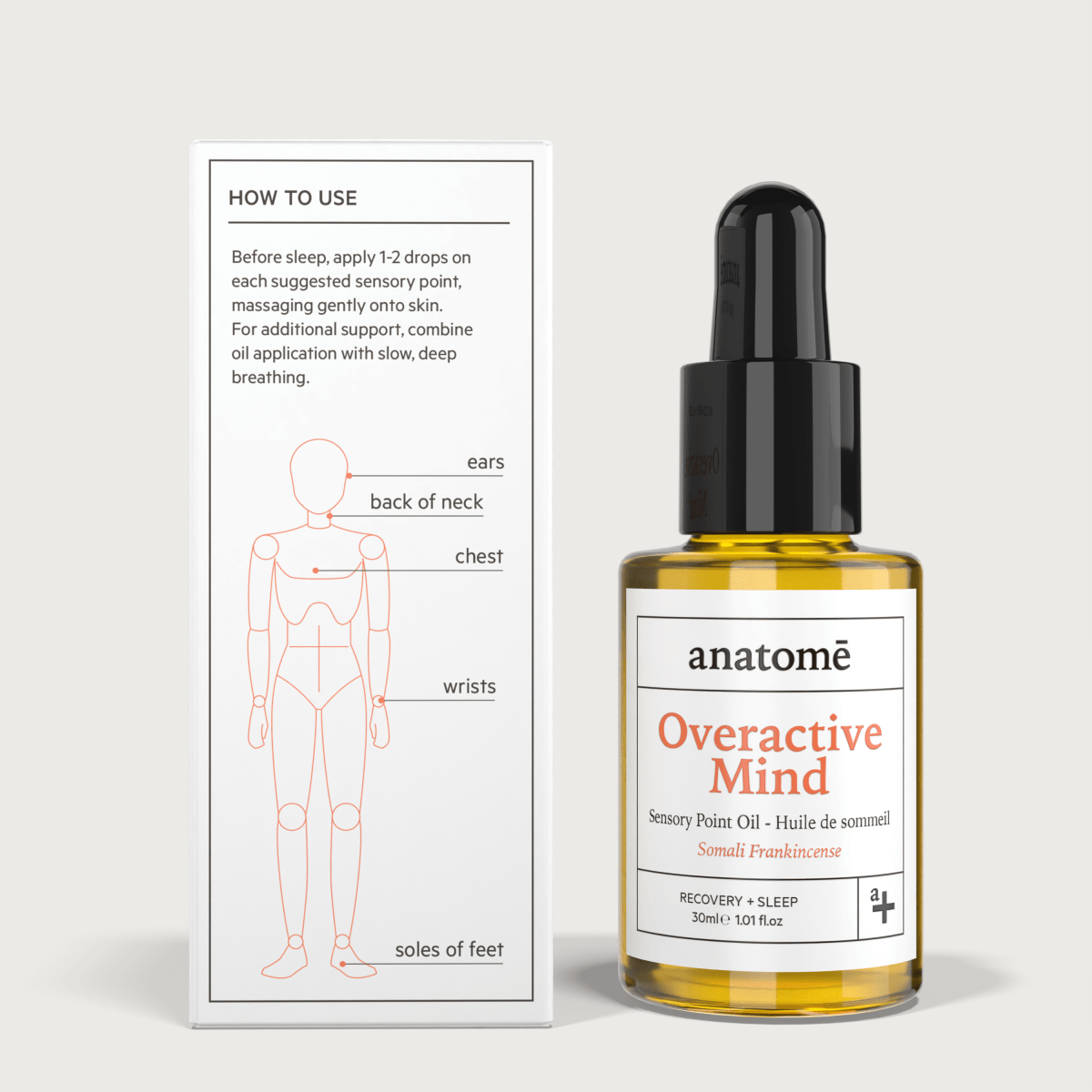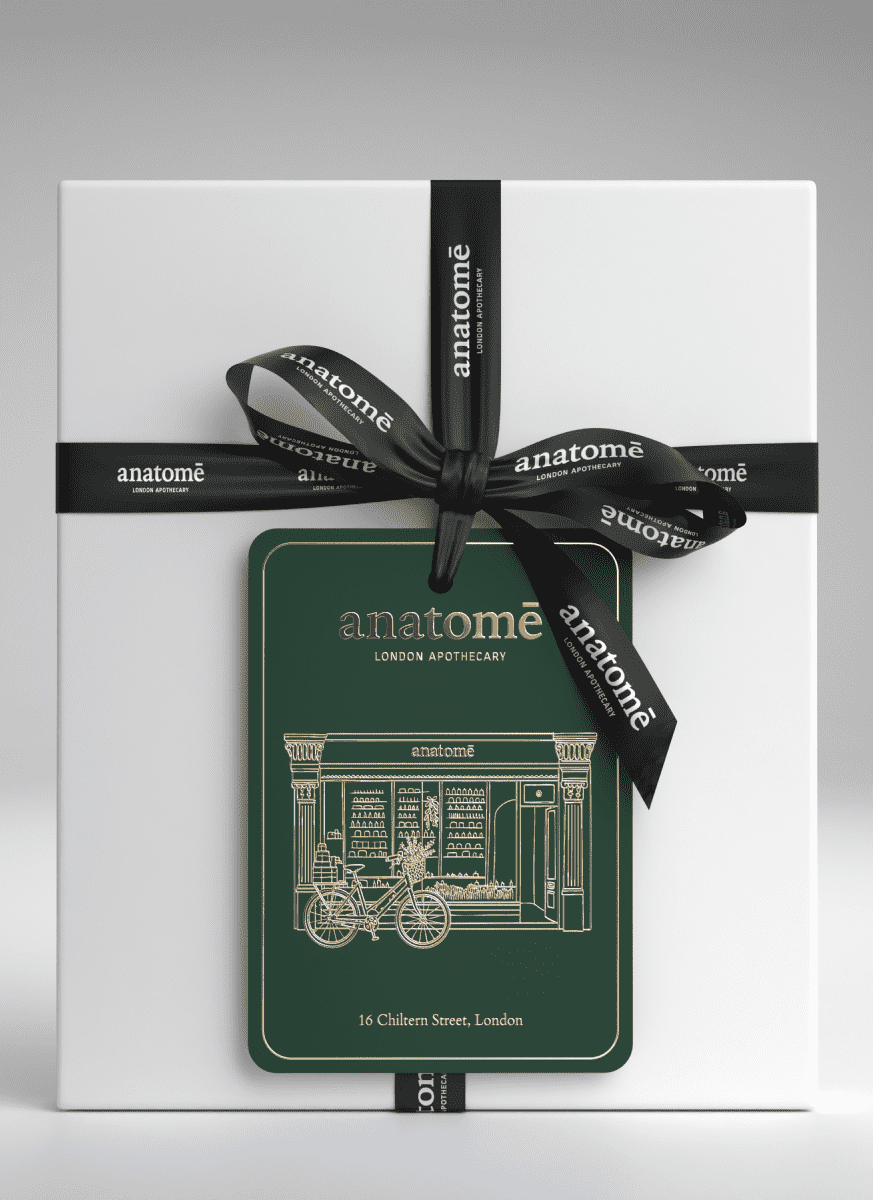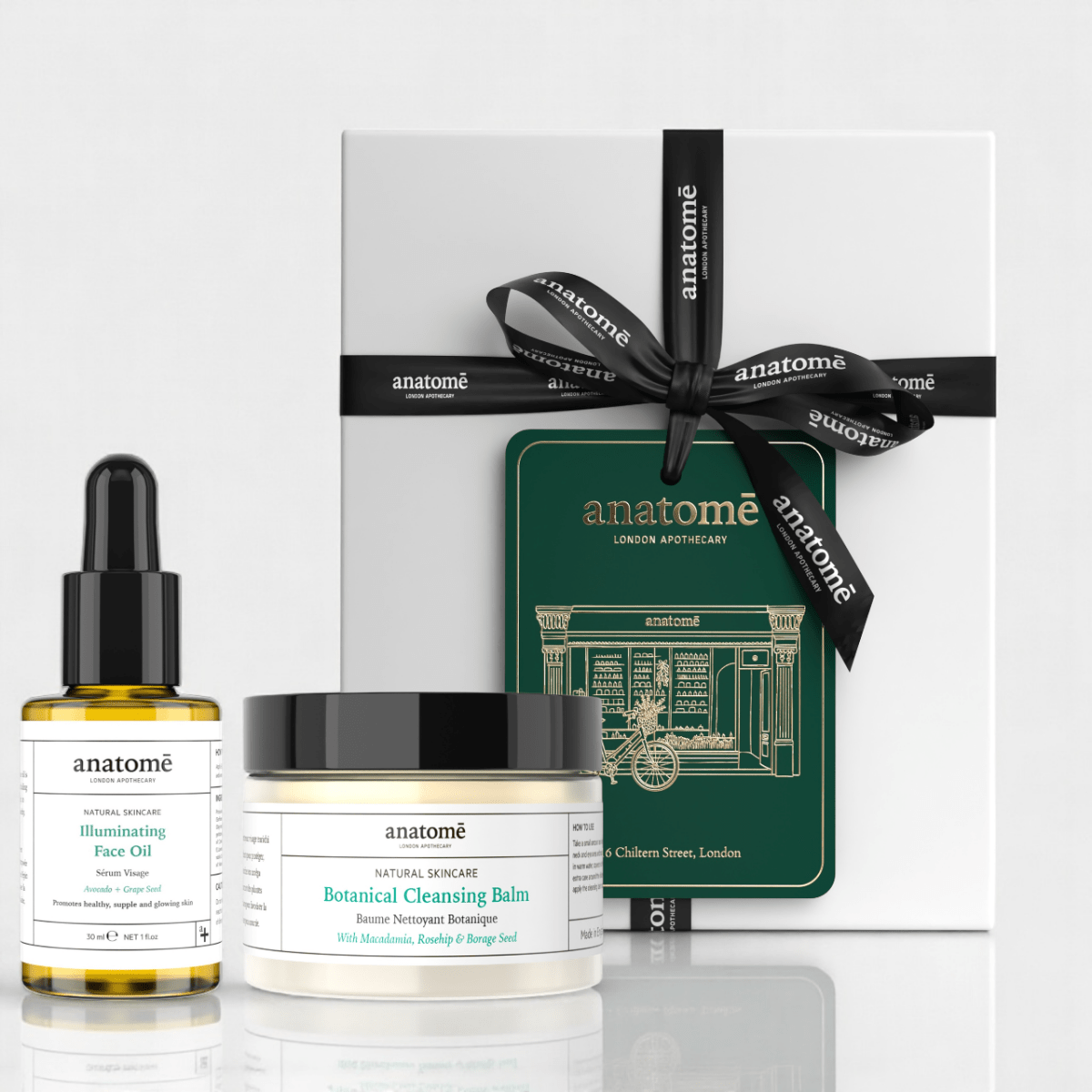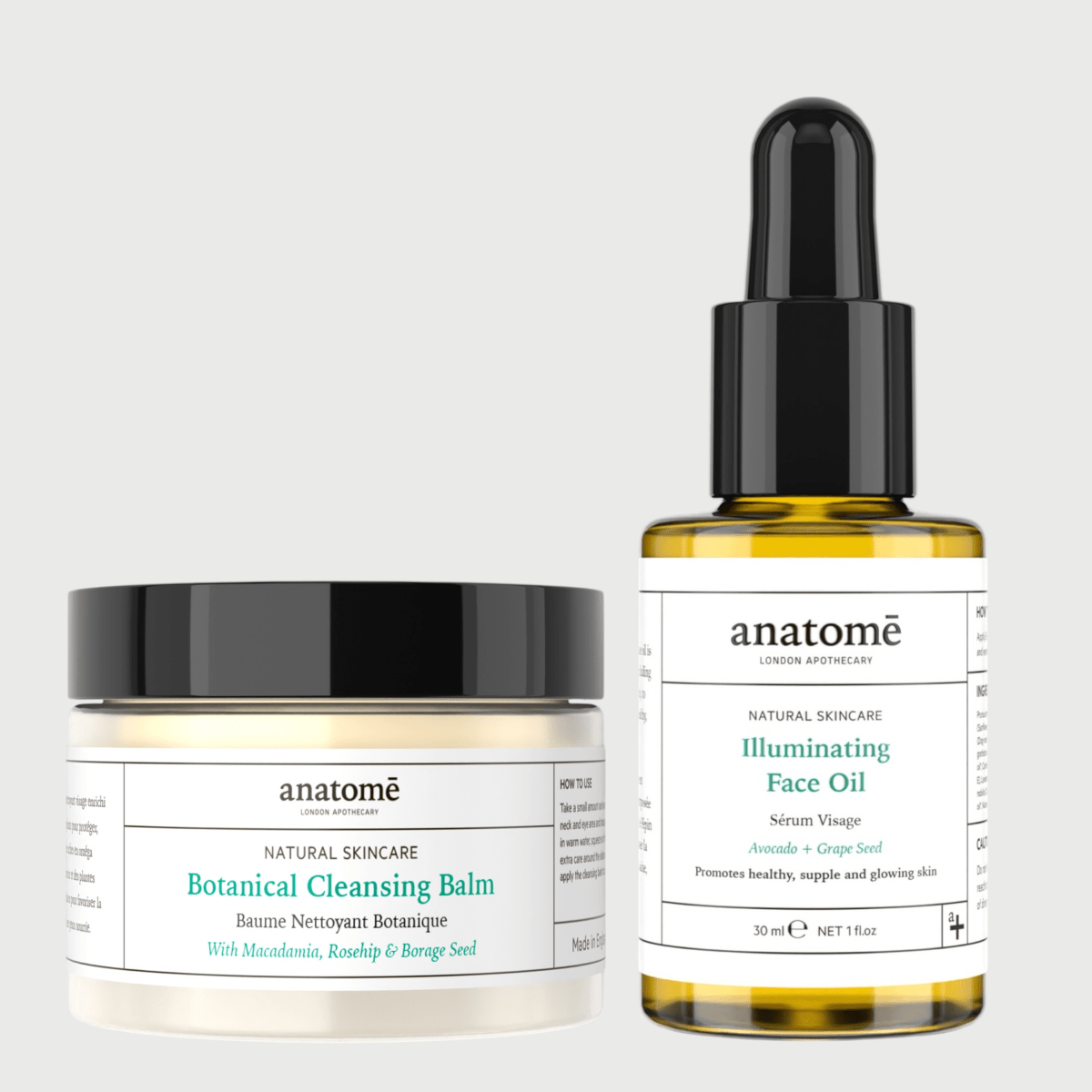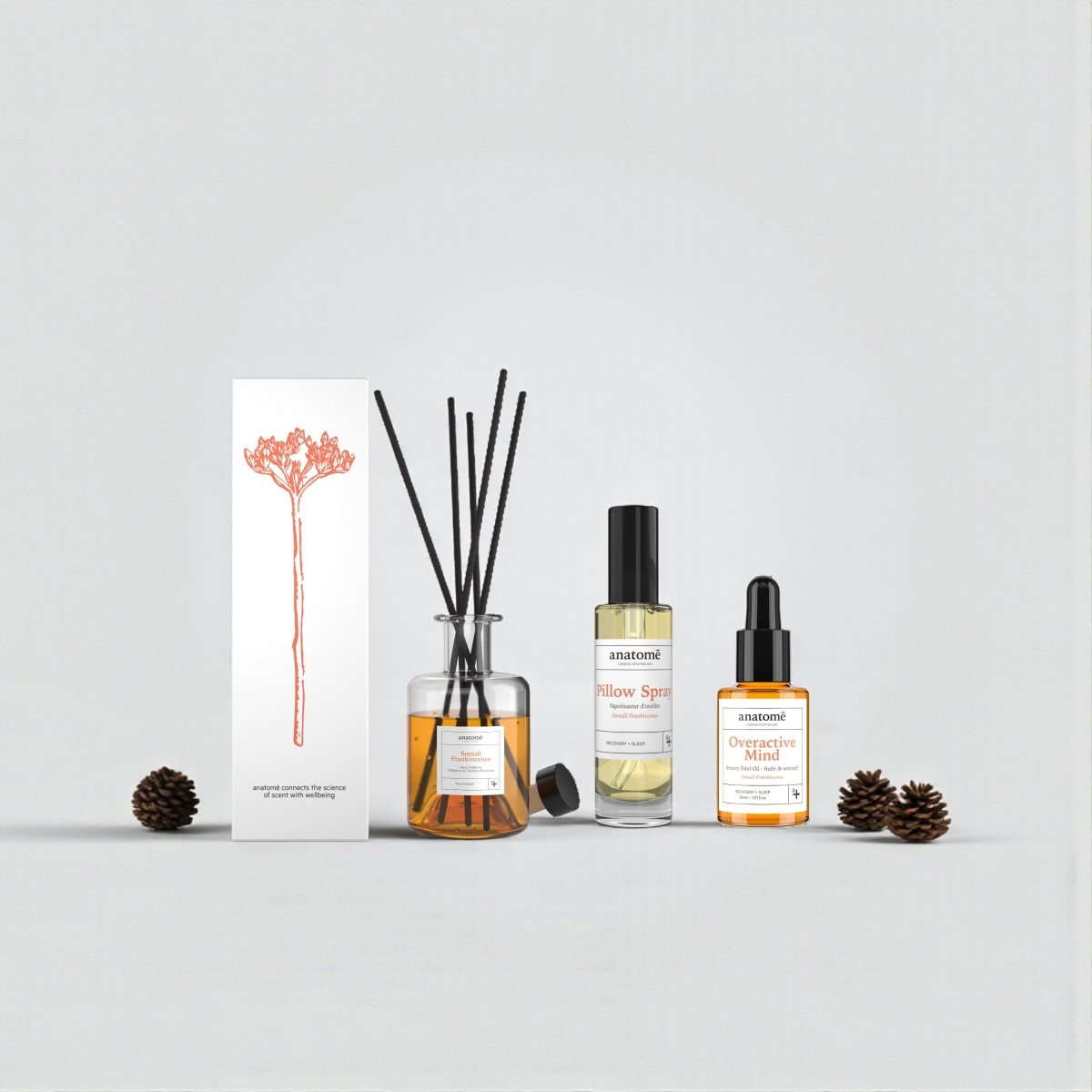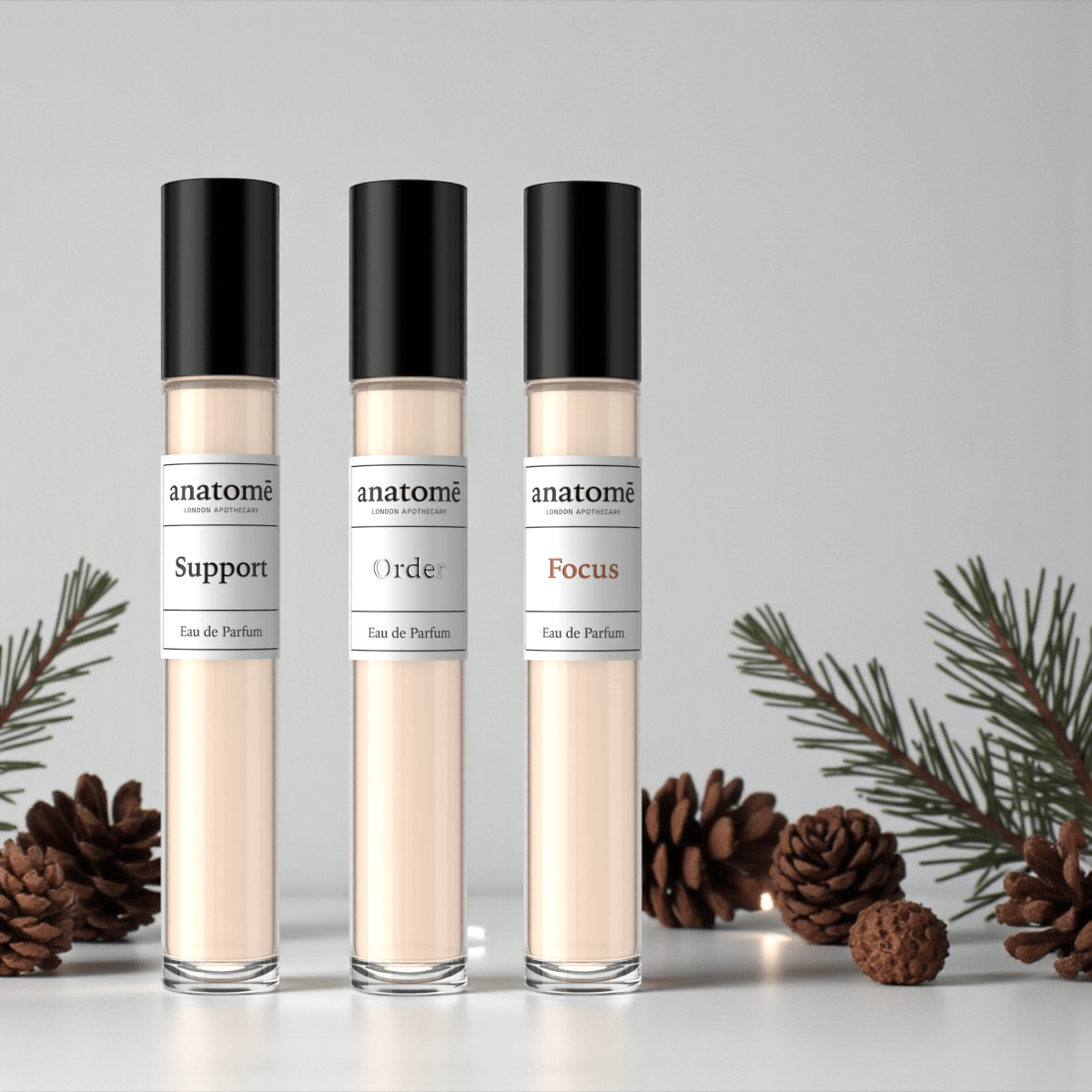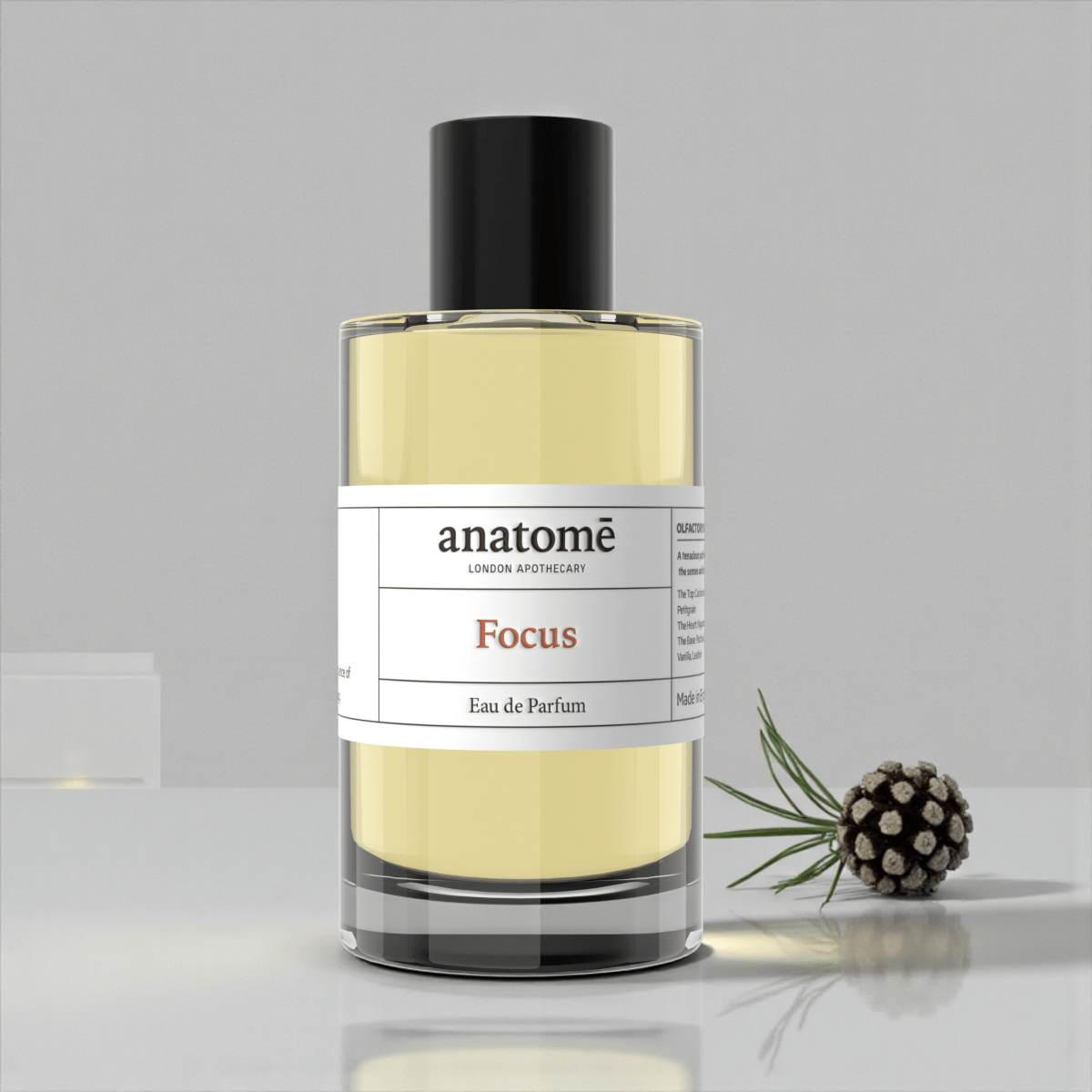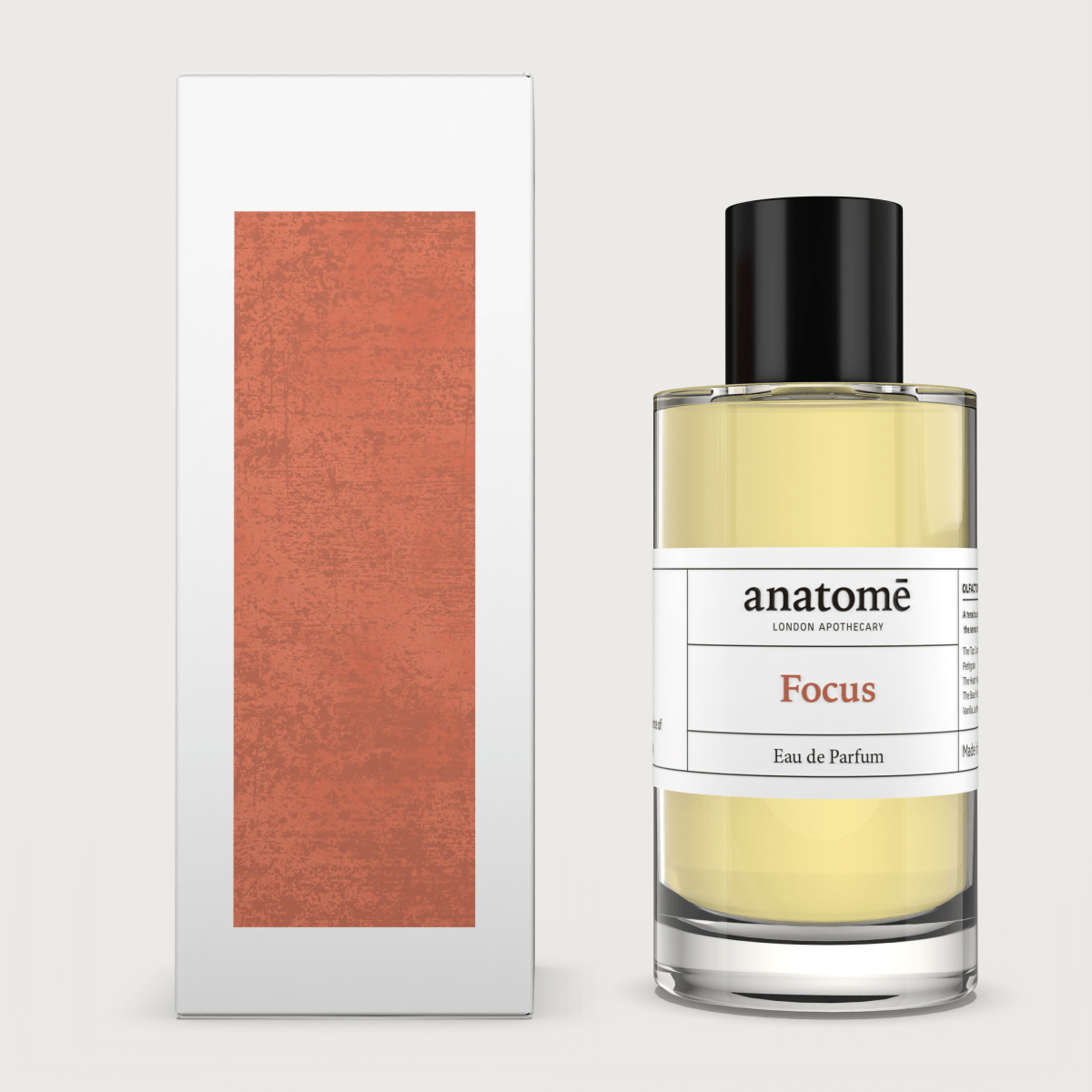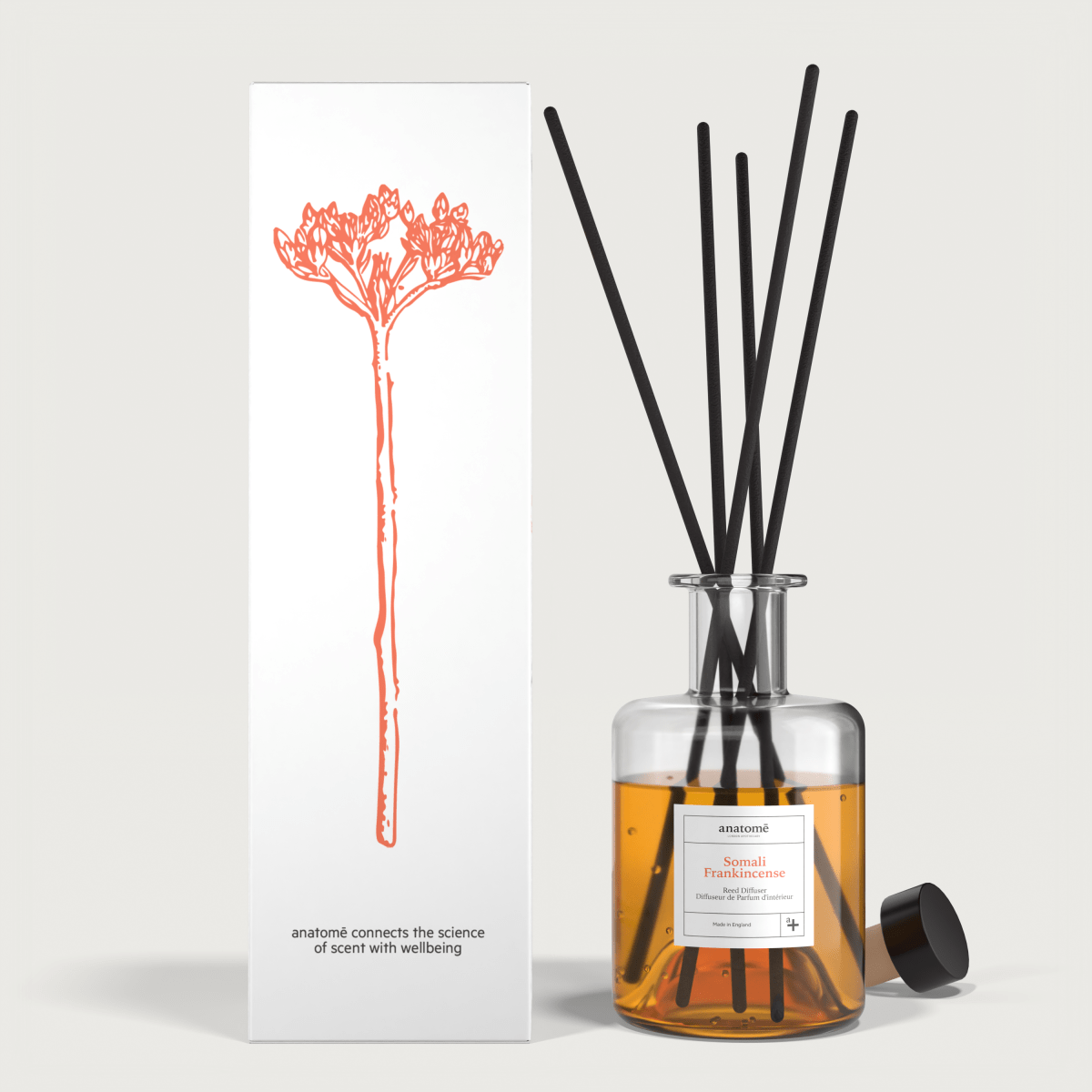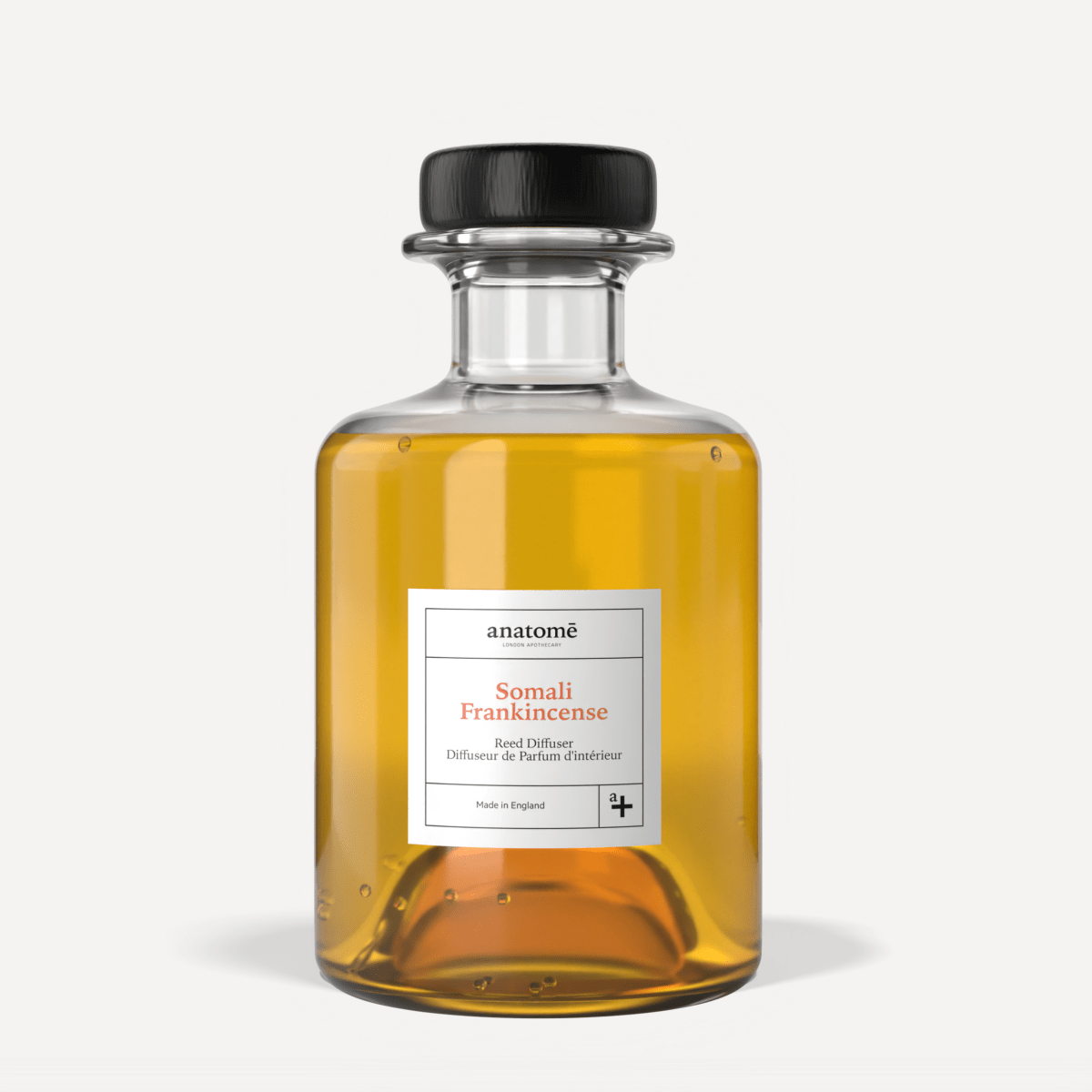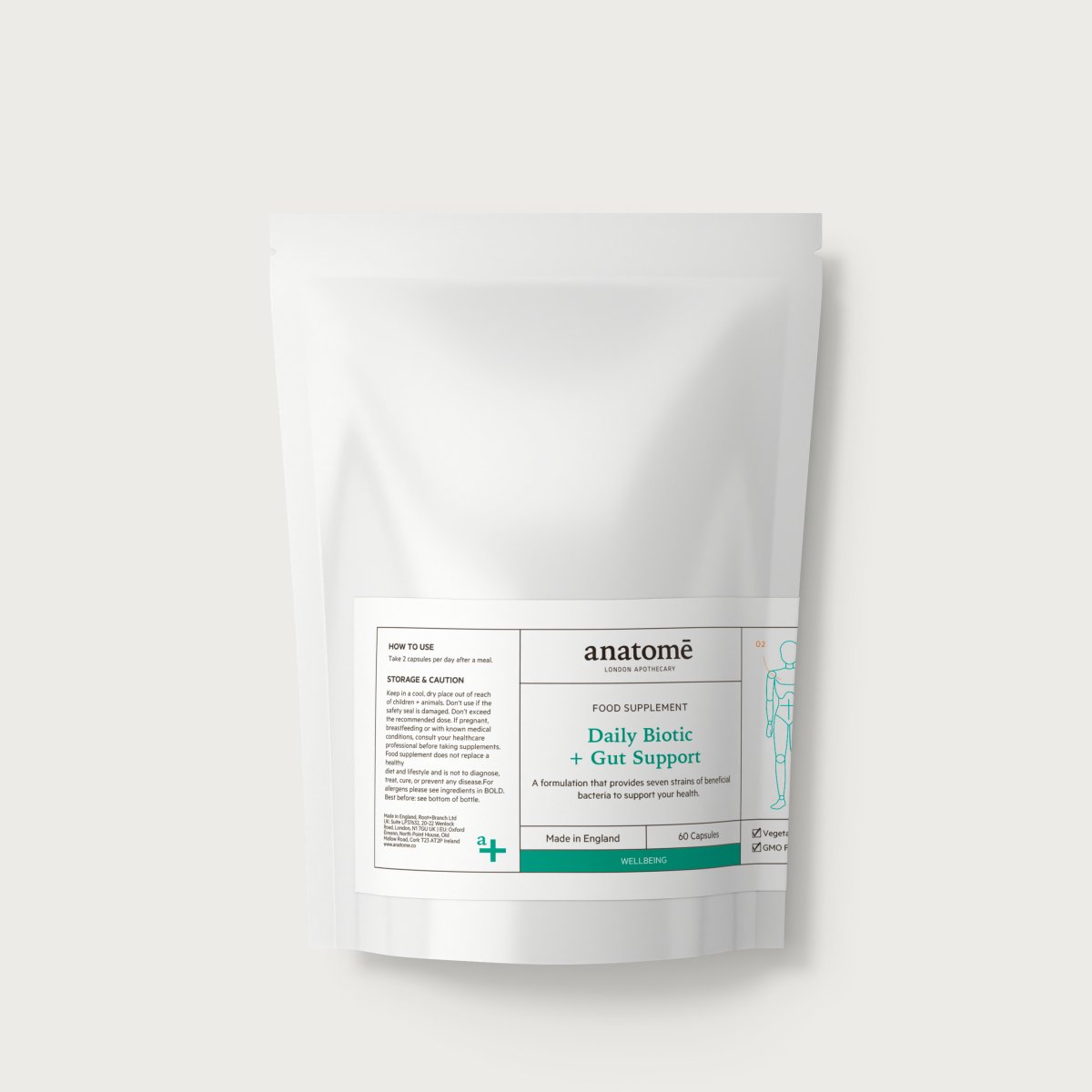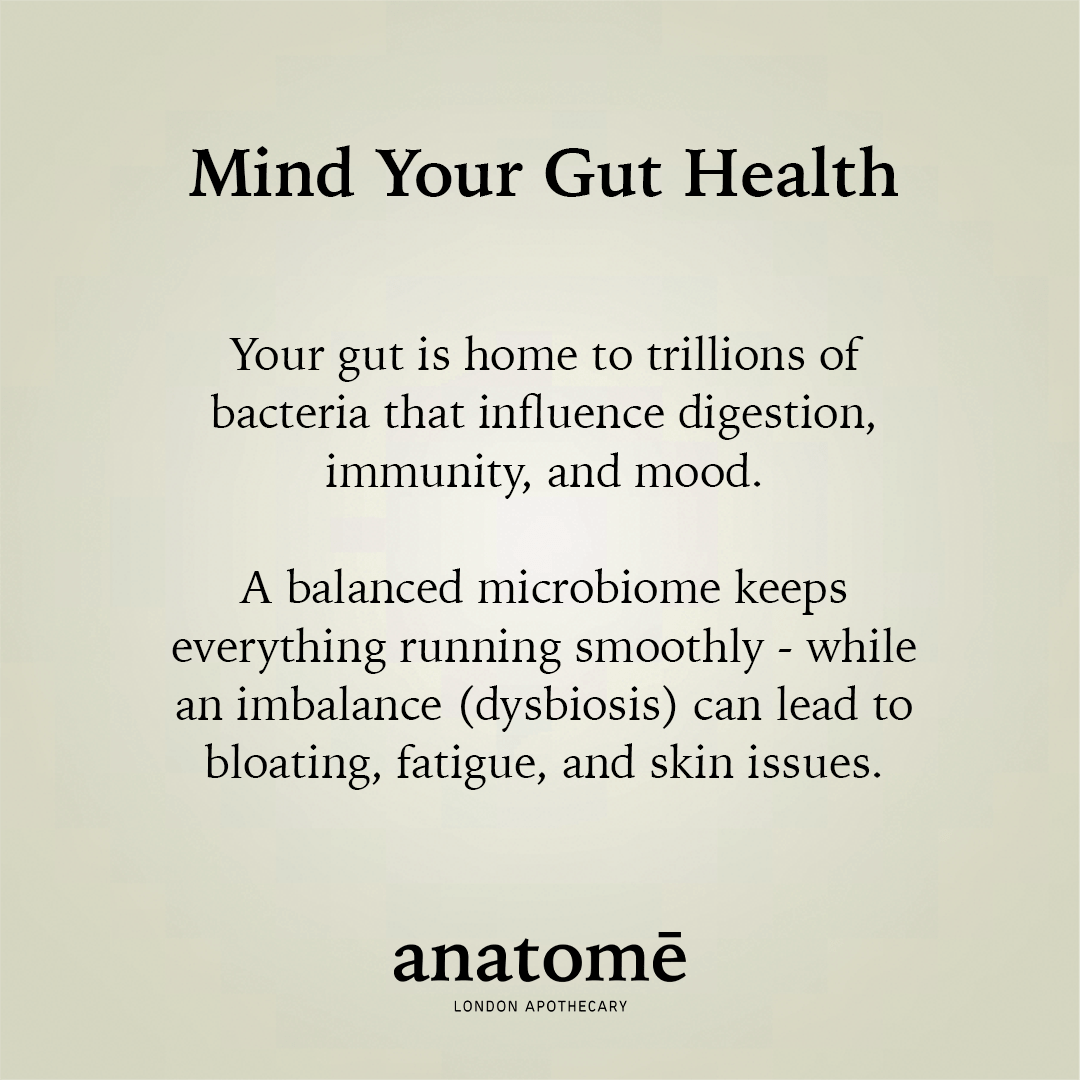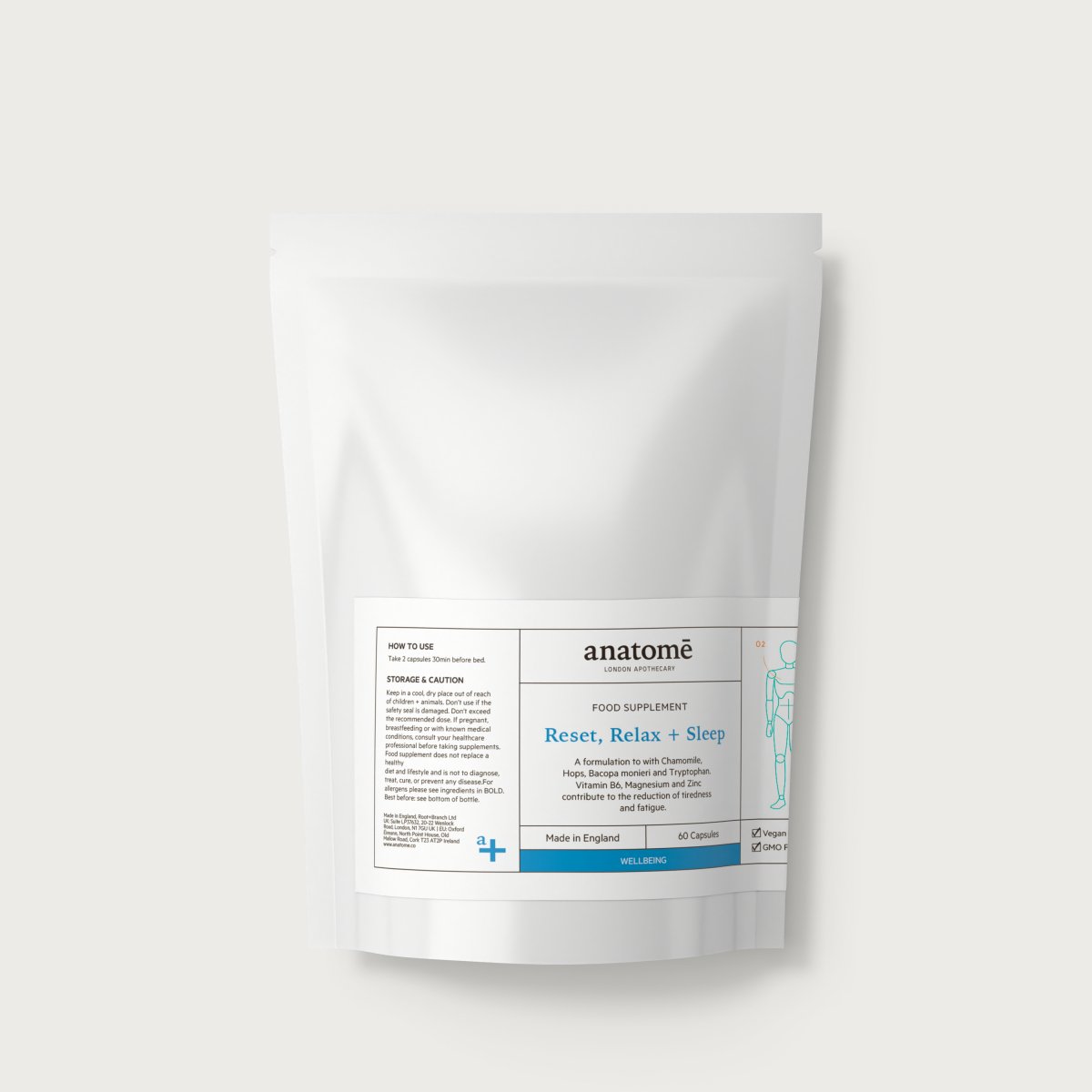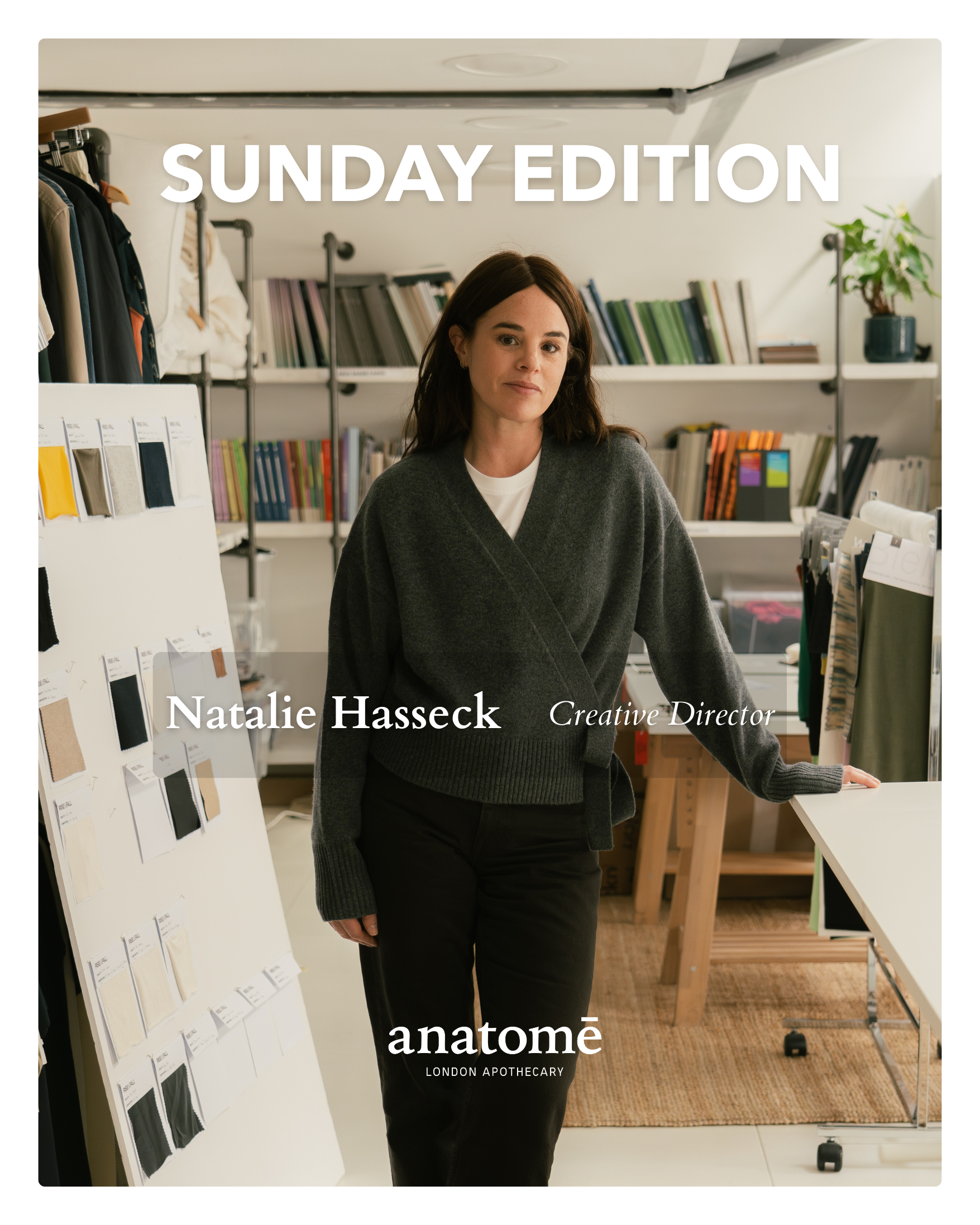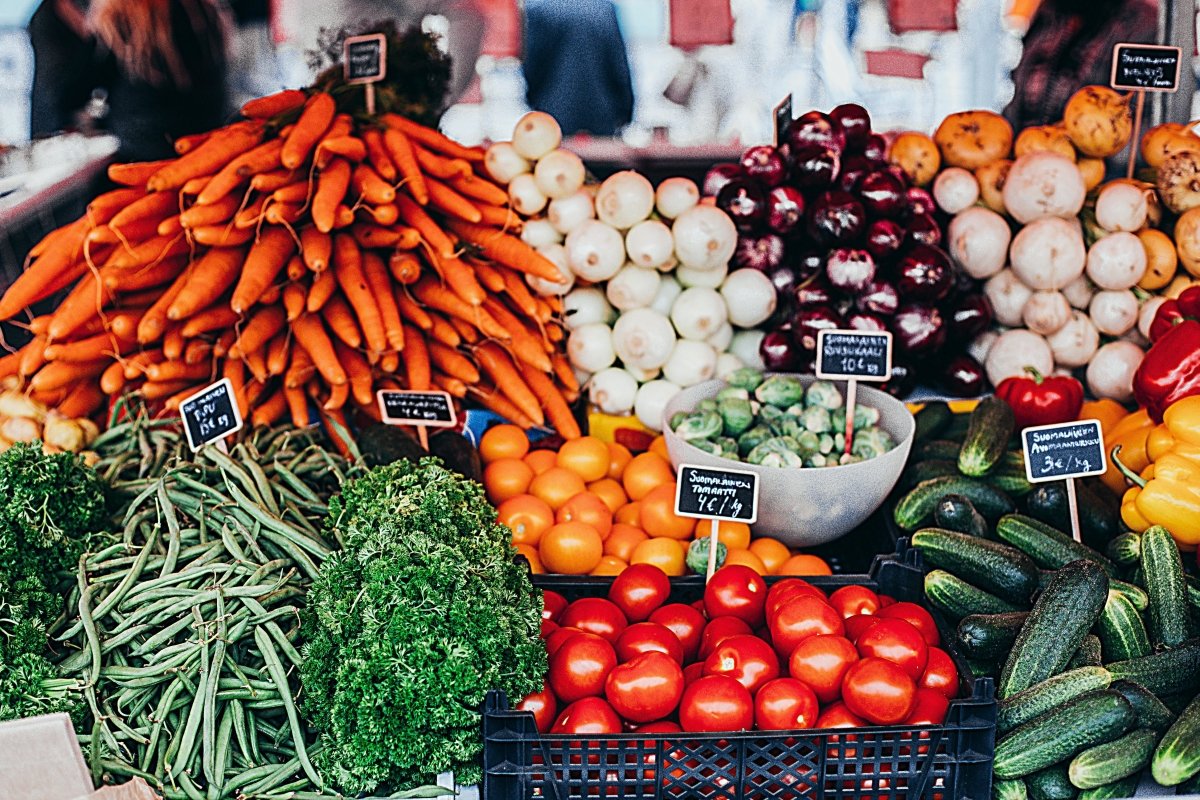It can be hard to create a diet that is both good for you and sustainable, however, our diets are the cornerstone of a healthy lifestyle. The internet is awash with diet culture and unfounded statements on how to achieve the perfect diet but in reality we need to take a back to basics approach and nourish our bodies in an easy and attainable way.
There is no need for fad diets or excessive tracking and limiting. Food is meant to be enjoyed after all. However, you do need to keep in mind that food is what nourishes our bodies. It gives us energy, nutrients, vitamins and can help to prevent disease. Our diets are intensely important in creating a healthy lifestyle.
Ultra processed foods have seen a meteoric increase on our shelves during recent times. Our collective hunger for convenience and cheap produce is at the root cause of this. These foods have been linked to everything from increased mortality to weight gain, cancer, heart disease and even depression. (1,2,3,4). A general rule of thumb for creating a sustainable, healthy diet is to eat whole foods like vegetables, fruits, nuts, dried beans, lentils, and oily fish.Following this rule of thumb can be difficult at times but it will ensure you get the proper nutrients needed to maintain your overall health.

Diet is no one size fits all and there is certainly not one specific diet that will work for everyone. Some people feel best when they eat low carb, others feel best when they go vegetarian, whilst others feel best when they eat a Mediterranean style diet. It really is all about finding what works for you and what makes you feel your best. With this being said, by following these simple rules of thumb we ensure we meet our nutritional requirements, avoid overly unhealthy tendencies and also stick to our healthy eating patterns.
Try not to focus on the amount of calories a food has and instead focus on its nutrient density. Counting calories can not only be potentially very damaging in terms of developing unhealthy eating tendencies, they also do not tell the whole story. Our bodies and digestive systems are all vastly different and we tend to process our food in slightly different ways. Furthermore, calories are not all born equal. Foods that often have very similar calorific values on their packaging often provide a varying amount of calories when eaten. When you add to this that these foods likely contain vastly different nutritional content you can see that calorie counting does not cut the proverbial mustard.
Here’s a couple of quick examples to highlight this. Let's look at almonds, a nutritionally dense food full of healthy fats and protein. When we consume a quantity equal to 164 calories as per the packaging, our bodies actually only absorb 123 calories (5).
If we look at egg whites, which are lower in calories and fat than whole eggs, we can see they only provide 1% or less of your daily value for iron and phosphorus. Whole eggs, on the other hand, provide between 5–21% of the daily value for these nutrients (6,7). That egg yolk may be higher in fat and more calorie dense but it also packs a big punch of nutrients to help us meet our daily requirements.
Remember, life is about balance. A little chocolate with a beer or a drink at the end of the day isn’t going to destroy your whole diet. Conversely, when we restrict ourselves too tightly many of us can develop unhealthy tendencies that, left to their own devices, can lead to serious eating disorders. On a lighter note, what is life without a little indulgence and fun? Food is about pleasure. Giving yourself that little sugar boost can be immensely powerful for our mood and improve your mindset for the rest of your day. When we take care of our diets, we have to remember to take care of our minds too. Most people need variety and struggle to go the whole month eating the same thing every day. Humans love and crave variety and I implore you to look for pleasure in food.

If you feel like you’re eating healthy and you feel good, then you’re probably okay. But if you’d like some additional help, I would advise you to reach out to a nutritionist, or even your GP, to help you create a healthy, sustainable and realistic diet.
Tips for a healthy, sustainable diet:
- Follow people who eat healthily and post inspiring recipes.
- Stock up on certain healthy essentials when grocery shopping:
- fresh and frozen fruits and veggies
- protein sources like chicken, eggs, fish, tofu, beans and lentils
- bulk carb sources (predominantly whole grains like wholegrain rice, pasta, couscous and quinoa)
- starchy veggies like white potatoes, sweet potatoes and butternut squash
- Fat sources like avocados, olive oil, and full fat yoghurt
- Nutritious and simple snack ingredients like nuts, seeds, nut butter, hummus, olives and dried fruit
- Prioritise plant based foods
- Cook at home and bulk cook meals when you get the chance
- Leave cheat days in the past, all food has its importance and none of it means you’re cheating
- Eat things you like! Be adventurous and try different things.
- Eat the rainbow (by aiming to eat many different colours we are likely to meet many of our nutritional requirements)
- Cut down on processed foods
- Avoid going to the store hungry
- Try to chew food thoroughly and slow down your meals
- https://www.ncbi.nlm.nih.gov/pmc/articles/PMC6538973/
- https://pubmed.ncbi.nlm.nih.gov/32792031/
- https://www.ncbi.nlm.nih.gov/pmc/articles/PMC7770142/
- https://www.ncbi.nlm.nih.gov/pmc/articles/PMC5477817/
- Gebauer SK, Novotny JA, Bornhorst GM and Baer DJ. Food processing and structure impact the metabolizable energy of almonds. Food & Function. 2016;7(10):4231-4238.
- https://fdc.nal.usda.gov/fdc-app.html#/food-details/1100201/nutrients
- https://fdc.nal.usda.gov/fdc-app.html#/food-details/1100185/nutrients

